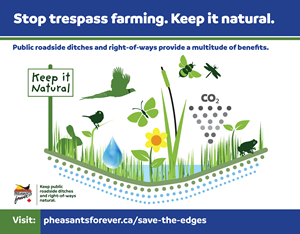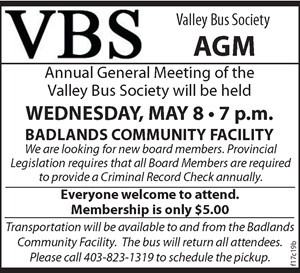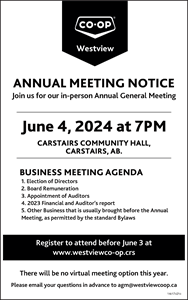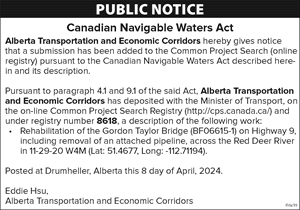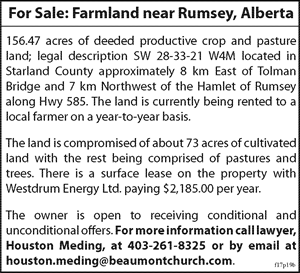
The agriculture industry was rocked last week by the announcement that Western Feedlots had decided to wind down cattle ownership and cattle feeding operations.
The company, which has sites near Strathmore, High River and Mossleigh, said in a statement on Wednesday it would continue to feed and market its existing inventory, but after that, they would be ending feedlot operations.
Western’s shareholders chose this course of action due to the current high risk/low return environment in cattle ownership, which is inconsistent with shareholder objectives,” said in a statement.
Further, it cited beyond stresses in the market conditions, politics and policy played a role.
“In addition to strong headwinds in the cattle industry, the poor political and economic environment in Alberta are also contributing factors to this decision,” reads a post on its website.
MLA for Drumheller-Stettler and shadow minister for Alberta Agriculture, Forestry and Rural Development, Rick Strankman says this development is frustrating.
“There were market forces at play, but it is frustrating when government policies and the potential instability that is being created by things like the carbon tax and minimum wage,” he said. “That plays a role in Western Feedlot’s announcement.”
He says the minimum wage increases would drive up the overall cost of labour.
“It means those with 10 or 15 years experience working side by side with a new employee without experience making $15 an hour, and they are making $20, it causes frustrations that their wage shouldn’t be a little higher. That puts pressure on the operations and the owners,” he said.
He says other policies implemented by the Alberta government could have a negative impact, including the carbon tax. While the carbon tax does not apply to market, it does to some value added processes.
“People just don't know the width and the depth of effects these policies are going to have. For example the Carbon Tax is going to cost a single maltser $90,000 per month, he said. They use approximately 90,000 gigajoules of natural gas per month to stabilize moisture in malting barley. The tax on that gas is going to be $1 a gigajoule in January. They will have to pass that tax on to someone else in another market.”


